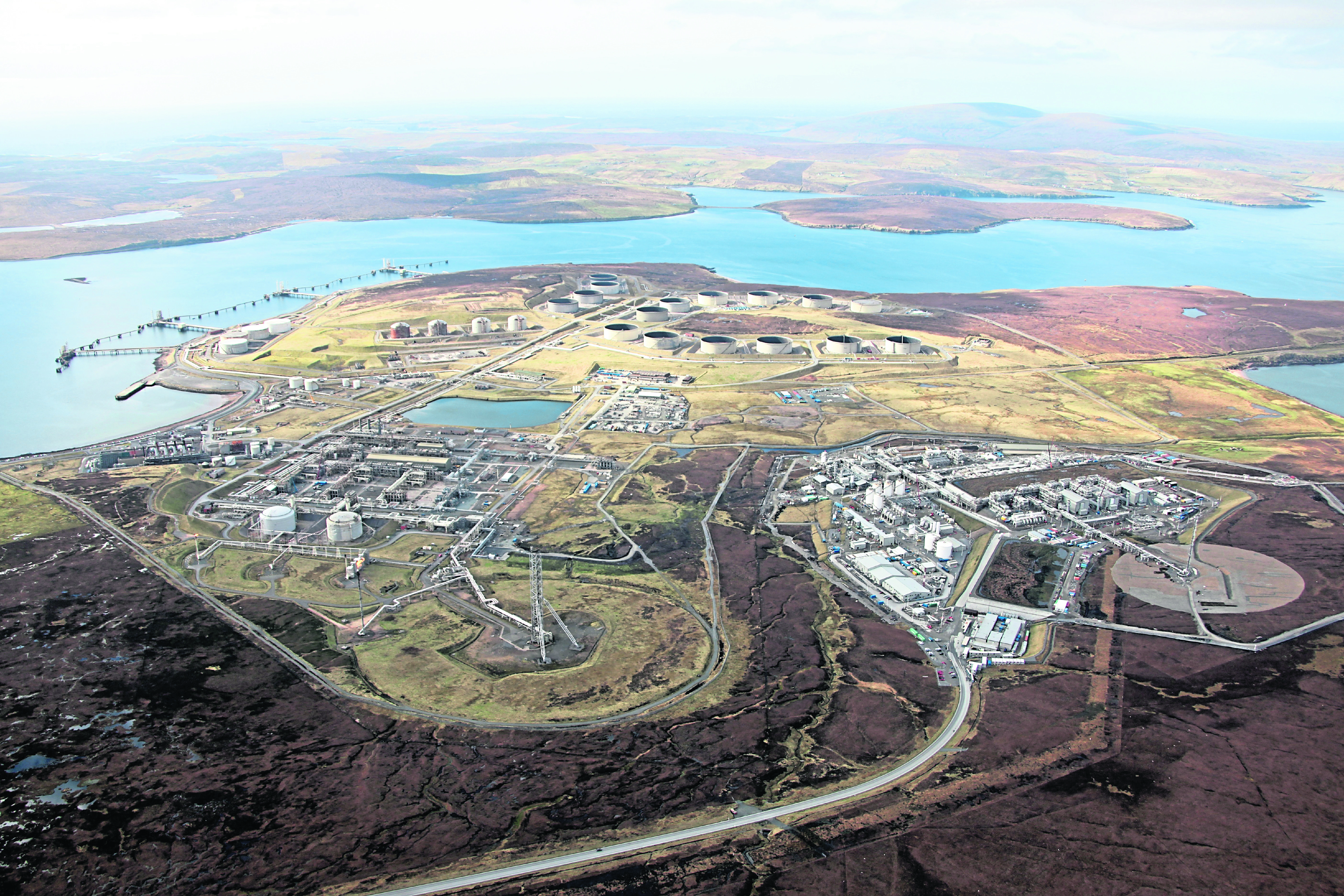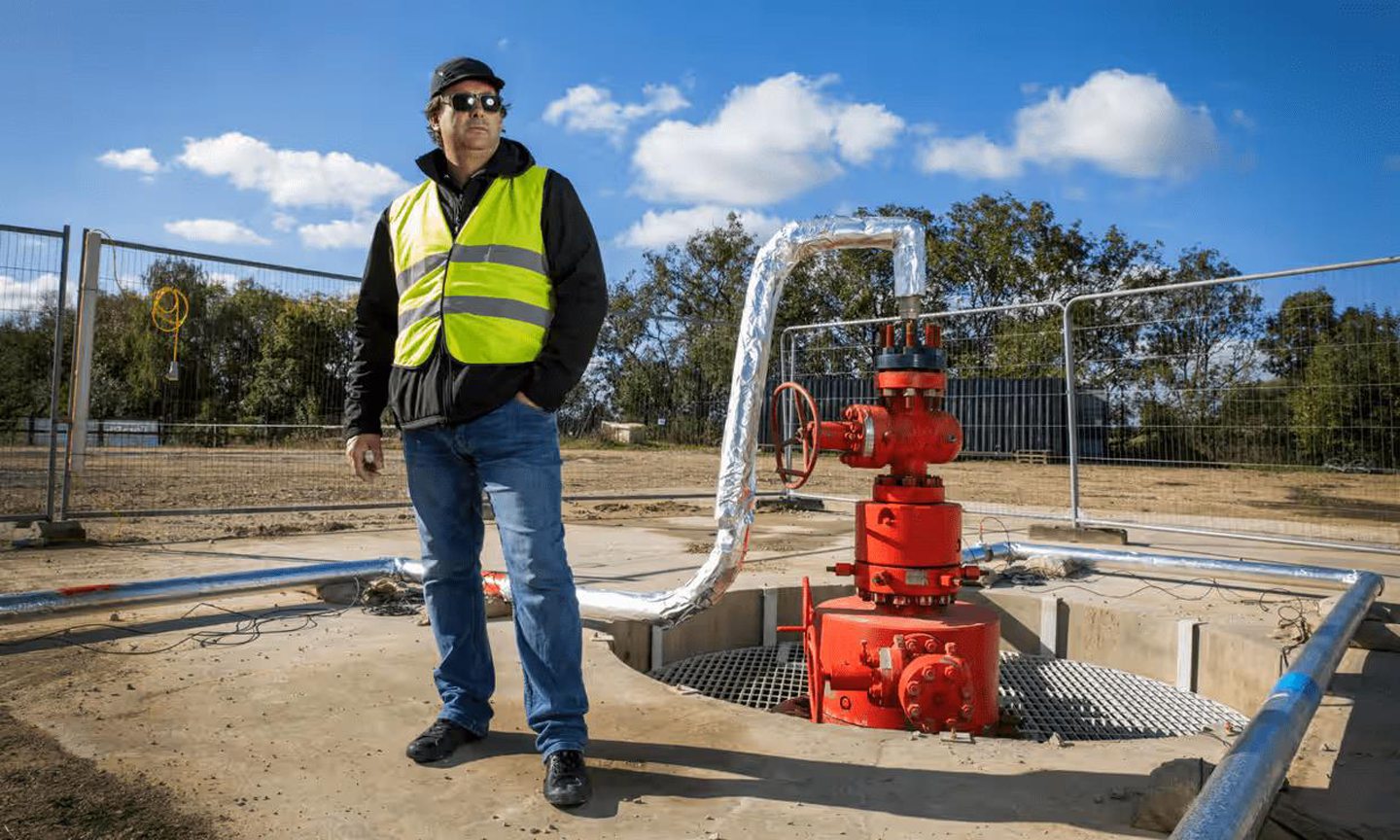EnQuest’s Magnus platform has potential to be powered by geothermal energy if converted for carbon capture and storage (CCS), a study has found.
The project, launched in 2022 by EnQuest, Ceraphi Energy and the Net Zero Technology Centre (NZTC), was designed to test whether oil and gas wells could be repurposed for geothermal energy.
It has now published its findings.
The document also confirmed that EnQuest (LON: ENQ) is considering repurposing the Magnus platform for CCS as a “hub”, having won licences for CCS last year – one of which being for the namesake field.
It said the 40-year-old platform has “the most significant potential for decarbonising all of the platform power demands assuming Magnus would be reconfigured as a CCS hub as indicated during discussions with EnQuest”.
It added however that further evaluation and study would be needed on specific details of the change of use, namely “on the potential to utilise the produced water, reconfigured wells or a cross-reservoir system”.
The decision window may be narrow, as installing new equipment while decommissioning others would be “very challenging” said the study.
However it may be possible for potential power generation if, instead, wells “wells could be repurposed after being suspended”.
Other platforms may have potential
The study also recommend scoping out other potential candidates offshore for using oil and gas for geothermal.
“Based on the potential for Magnus and considering the wider potential for generating carbon free power from geothermal sources within the UKCS it is felt further studies would be worthwhile.
“Many of the characteristics found within Magnus that have limited the scope for increasing geothermal power on that platform may not be the case with others.
“The key characteristics to assess and look for would be high well temperatures, larger diameter well tubulars, availability of suspended wells or free well slots and less congested topsides.”
The study can be accessed here.
Geothermal energy is a type of renewable energy taken from heat that comes from the earth’s subsurface, contained within rocks and fluids.
CCS is a process of capturing and storing emissions underground, in this case in the depleted gas reservoirs of the North Sea.
Will it progress further?
Karl Farrow of Ceraphi Energy and Calum Watson of the NZTC, who is setting up a National Geothermal Centre in Aberdeen, were both quizzed on the project at SPE’s 2024 Geothermal Conference on Wednesday.
Asked if the study would progress to further phases, they both appeared to proceed with caution.
Mr Watson said: “We have to have feasibilities, we have to evaluate things. The leap between that and actually making a project offshore has a lot of planning and thought going into it. It also has to align with everyone’s plans and strategies.
“It may or may not happen. I’m always hopeful we can get more projects going in the UK, so it’s always on my wishlist to progress (but) there’s a lot of things to align for that to happen.”
New geothermal frontiers
Mr Farrow added: “It’s a different frontier to where we’re going. It’s a bit like ‘so we’ve been to the moon, so let’s go to Mars’.
“We haven’t cracked onshore yet, and the offshore bit is just another frontier in the process.
“I think what the EnQuest study has certainy demonstrated to me is yes there’s certainly potential to use energy from wells, onshore or offshore.
“And secondly, it’s not always right to use that to decarbonise what we have, but what can we do in the next generation of renewables i.e. CCS or hydrogen to be able to reduce the carbon emissions of that project moving forward using the existing wells that are there.”
He went on to conclude that designs for future projects could also factor in, including a “co-production well” for oil and gas extraction, powered by geothermal drilling.
“That’s the sort of areas we should be looking at in these next stages of studies with the NZTC and others, where do we take the next generation of energy production to.”
Recommended for you



 © Supplied by CeraPhi Energy
© Supplied by CeraPhi Energy



![[REBROADCAST] Breaking Barriers: Exploring Business Opportunities with Adair Mosley and Evans Mensah](https://lbnntv.com/wp-content/uploads/2024/01/REBROADCAST-Breaking-Barriers-Exploring-Business-Opportunities-with-Adair-Mosley-and-120x86.jpg)


